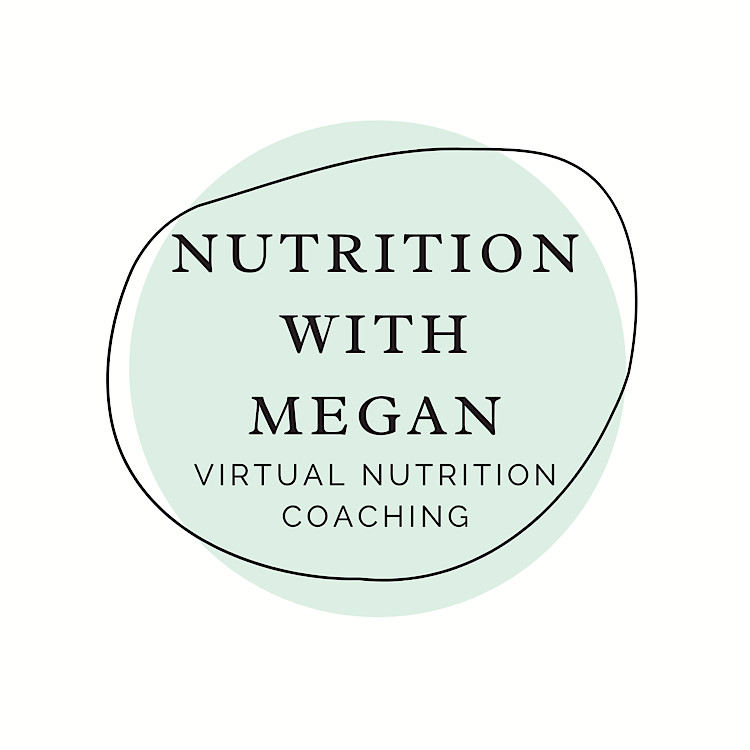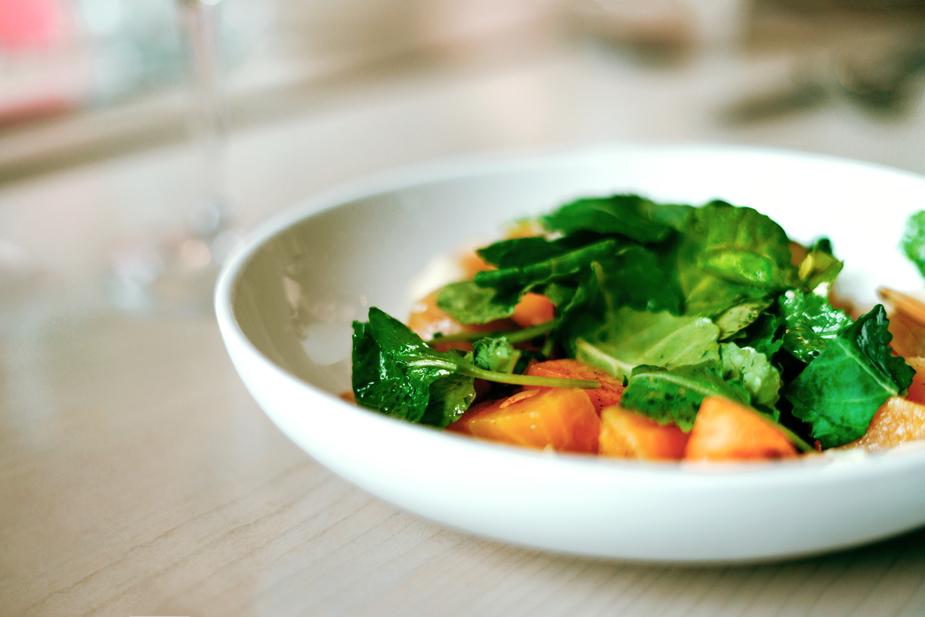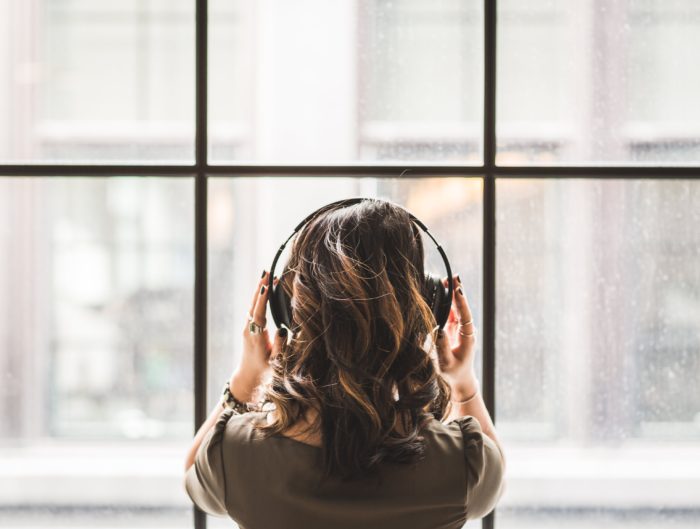This time of year you are likely feeling a little overwhelmed by all the different quick-fix diets and hearing everyone’s opinion about what would be best for you. One trend that you might have heard is Intermittent Fasting. While this may be new for some, fasting has been around for thousands of years for health and religious reasons. Recently, Intermittent Fasting has gotten more attention because of the promising early science for weight loss, improved gut health, and insulin sensitivity.
Intermittent Fasting is essentially time-restricted eating in which you eat all your calories for the day within an eight to twelve hour window. There are several other strategies for fasting but the 16 hour fast/8 hour eating window is the most studied. Treating the body to an extended fast allows the gut to rest and repair without having to digest food.
Just like when starting a new exercise program, our muscles need proper rest to continue to progress and function at their highest level. As a result of this rest and recovery, many people report improved digestion, less bloating, more restful sleep, improved skin health/less acne, and even improved anxiety.
If you are new to fasting, start with a twelve hour eating window and slowing work towards an eight hour window. You can even start with just two or three days per week instead of daily if you find this difficult to accomplish with your current schedule. Regardless of your eating window, always stay hydrated with unsweetened fluids such as water, unsweetened tea, black coffee, or a sugar-free electrolyte beverage such as Nuun. Any amount of sugar will end your fast.
The only macronutrient that will not break your fast is fat. Therefore, if you are feeling hungry during your fasting window, you can have a small amount of fat. For example, blending hot tea or coffee with coconut oil, grass-fed butter, or ghee to make a latte or making homemade “fat bombs”.
One point that’s extremely important with Intermittent Fasting:
This is not a calorie restricted diet.
This is not simply skipping breakfast.
It’s very important to get adequate calories during your eating window to not only make your fasting period more comfortable, but to ensure your body has proper fuel and micronutrients to do all the repair work that happens while fasting.
Now it likely goes without saying that to get the full benefit of Intermittent Fasting, what you eat during your eating window still matters. A diet rich in high fiber carbs, protein, and healthy fats will help main energy levels by minimizing spikes in blood sugar throughout the day.
Also, having a balanced meal as your last meal before fasting will help ensure you stay fuller for longer. If your last meal of your eating window is a big bowl of pasta, cake, and a regular soda, your blood sugars will spike and crash, leaving you hungry much sooner!
Like any dietary approach, Intermittent Fasting may not be right for you if you have a history of an eating disorder, have medications that need to be taken at specific times with food, have just recently been on a restrictive diet, or have a history of hypoglycemia. Starting with a twelve hour fast is generally safe for most people but talk to your doctor for personalized advice on fasting.
If you think Intermittent Fasting is a safe approach for you but need extra support to get started, click here to book a Discovery Call with me!




Leave A Reply